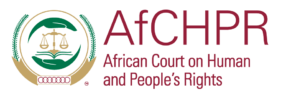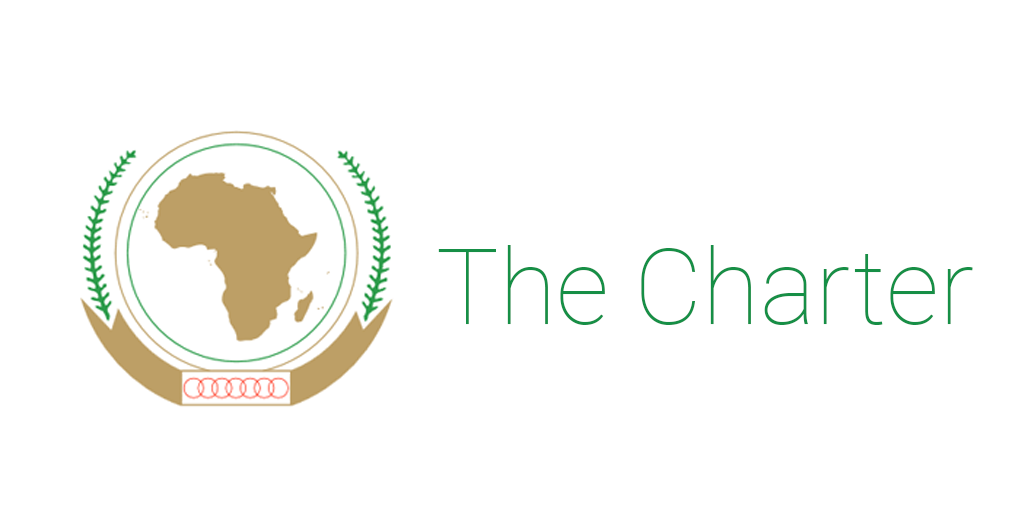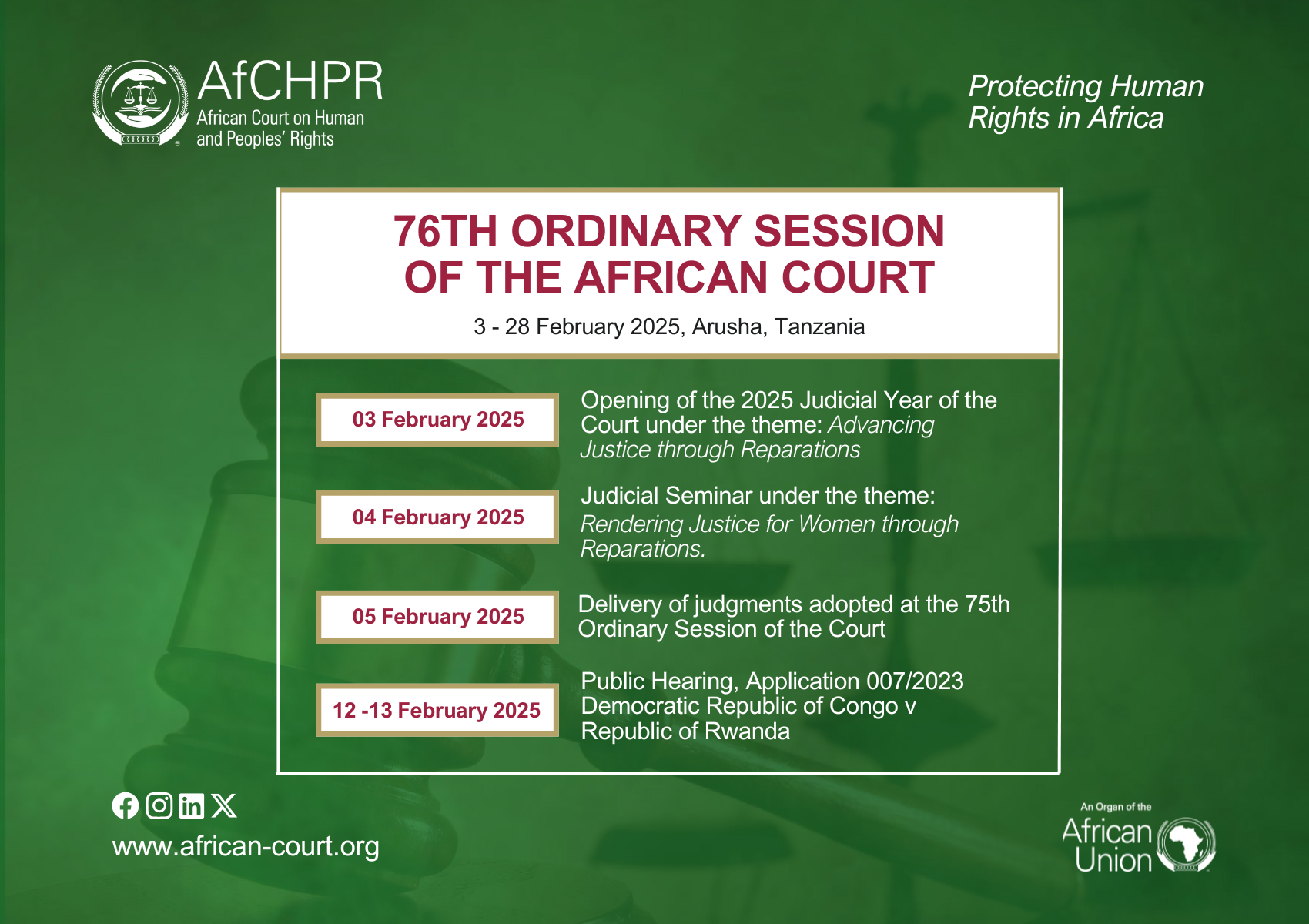Arusha, 17 April 2019: A delegation of the African Court on Human and Peoples’ Rights, led by its President Hon. Justice Sylvain Oré, will make a one-week working visit to the Economic Community of West African States (ECOWAS) Court of Justice and also meet key Nigerian officials from 29 April to 4 May 2019 in Abuja.
The reciprocal visit follows the inaugural visit by the ECOWAS Court of Justice to the Arusha-based Court in February last year during which a Memorandum of Understanding (MoU) was signed.
The President of the African Court, Hon. Justice Sylvain Oré, said: ‘’the visit will help to enhance judicial co-operation and share experiences between the two Courts.’’
The visit, he added, is part of the Court’s on-going efforts to strengthen ties with Regional Courts on the continent. A similar MoU was signed by the African Court with the East African Court of Justice last month in Arusha.
The African Court delegation, which includes three Judges and senior Registry staff, is expected to pay a courtesy call on the President of the Federal Republic of Nigeria, H.E Muhammadu Buhari and meet key officials in the Ministries of Foreign Affairs and Justice. They will also visit the Nigerian Human Rights Commission, the Nigerian Bar Association and meet NGOs and civil society organisations.
NOTES FOR EDITORS:
1.The AfCHPR was established by virtue of Article 1 of the Protocol to the African Charter on Human and Peoples’ Rights on the Establishment of an African Court on Human and Peoples’ Rights, to complement the protective mandate of the African Commission on Human and Peoples’ Rights, with a view to enhancing the protection of human rights on the Continent.
2. The ECOWAS Court of Justice is an organ of ECOWAS, a regional integration community of 15 member states in West Africa. Although ECOWAS was founded in 1975 by the Treaty of Lagos, the Court of Justice was not created until the adoption of the Protocol on the Community Court of Justice in 1991. Additionally, the ECOWAS Revised Treaty of 1993 established the Court of Justice as an institution of ECOWAS. The Protocol was amended twice; once in 2005, and again in 2006. The 2005 Supplementary Protocol expanded the Court’s jurisdiction to include human rights claims by individuals.














